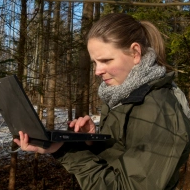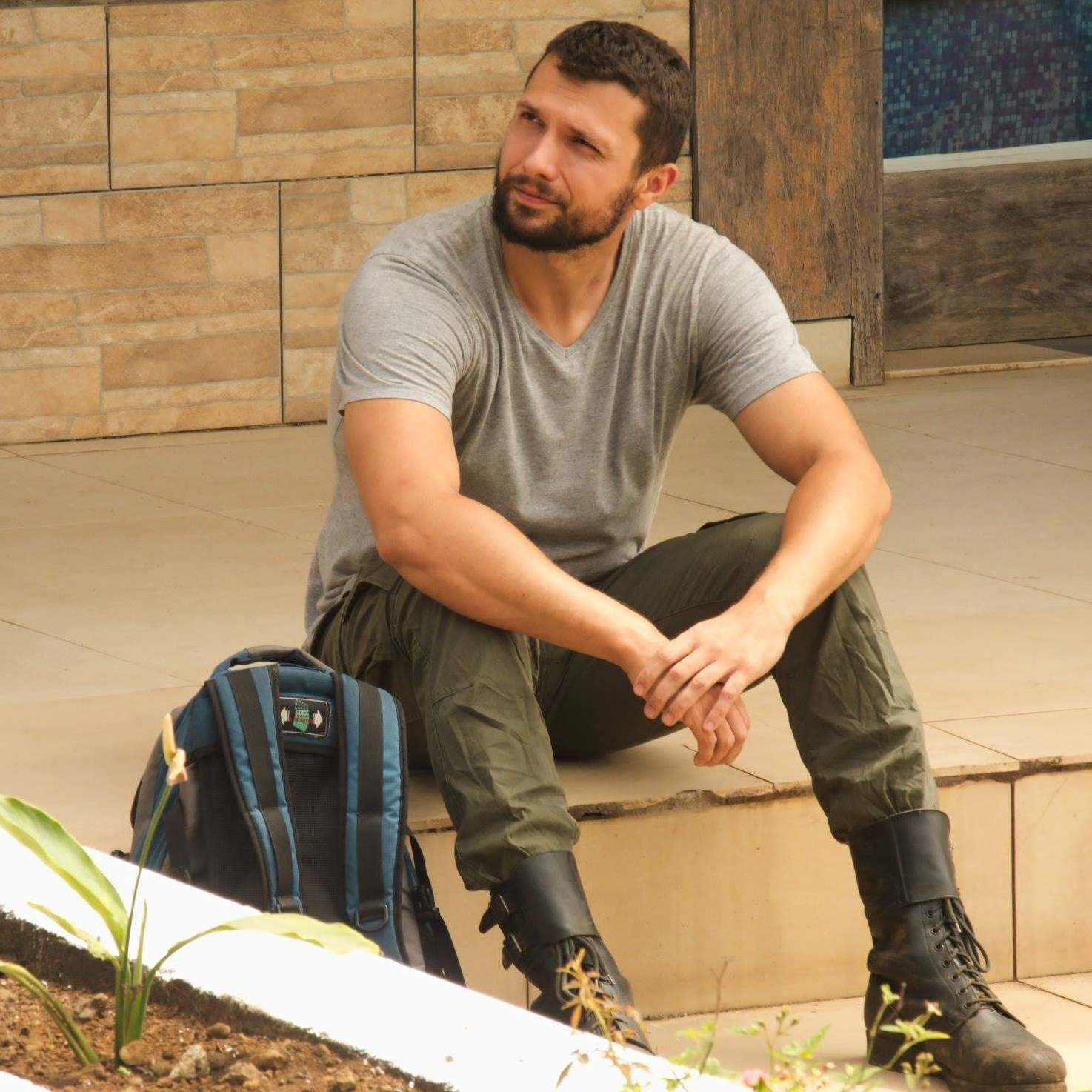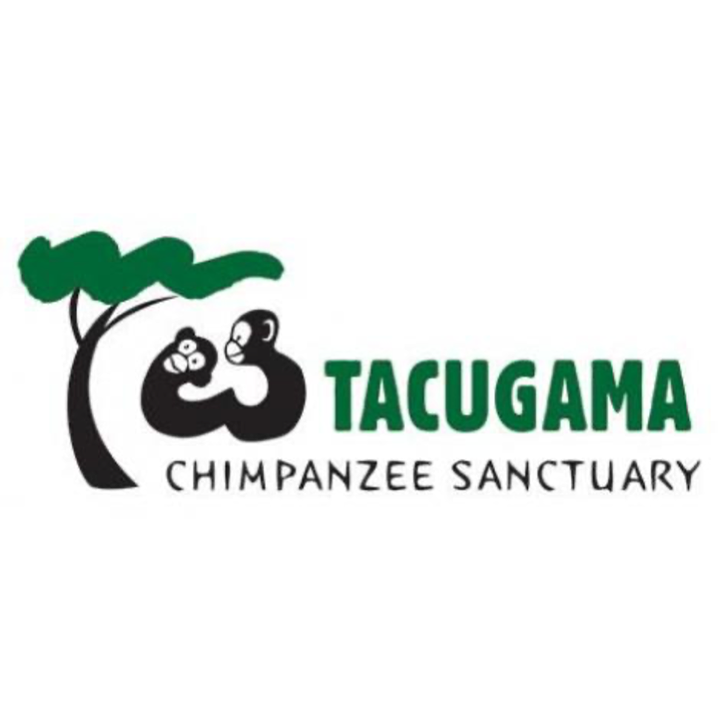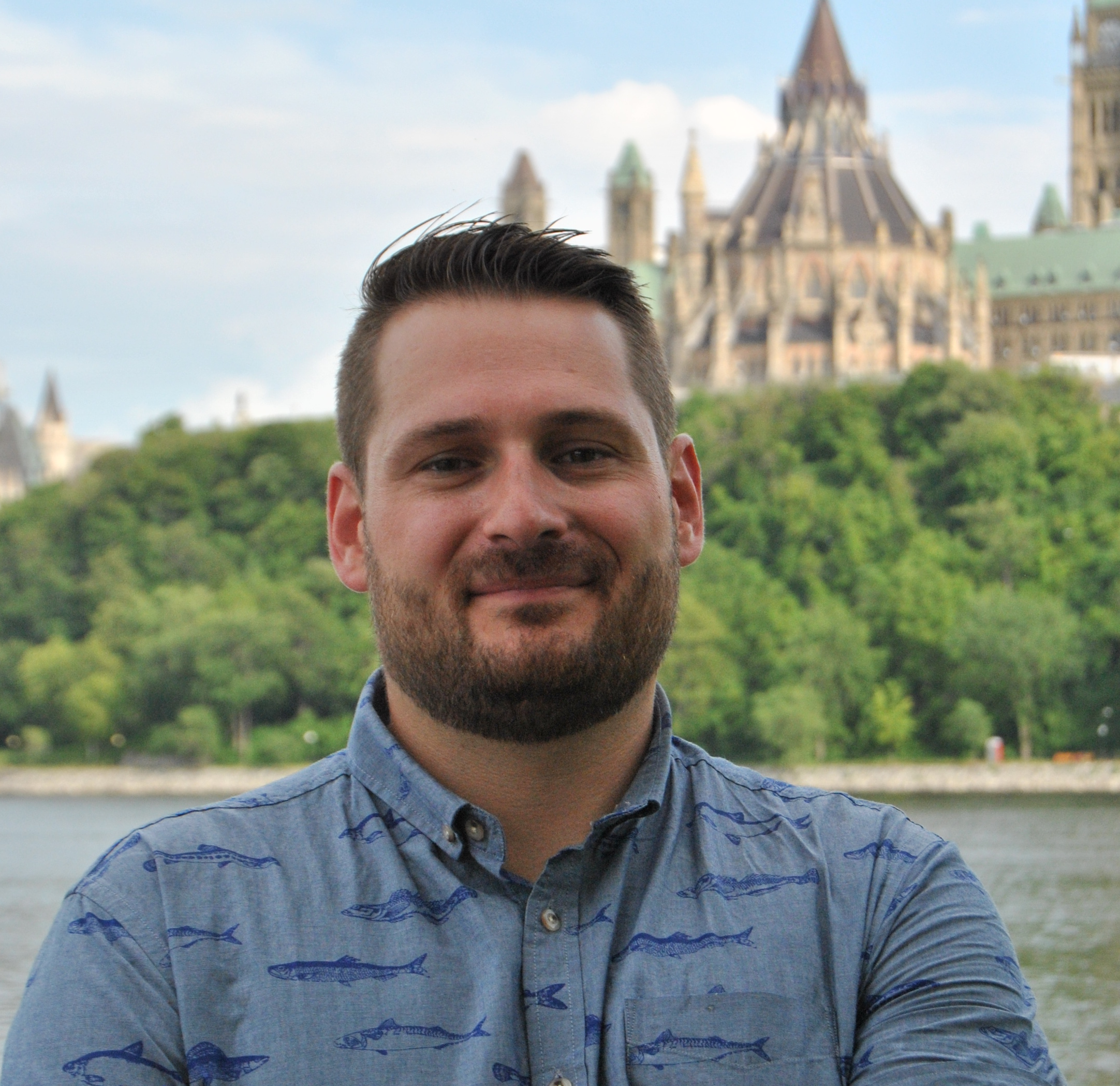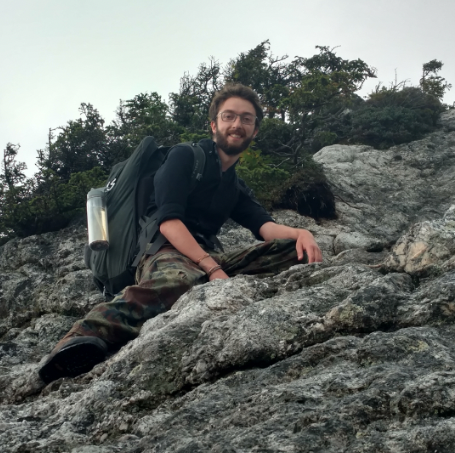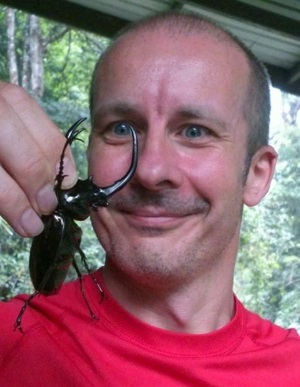SORTEE member voices – Kimberley Mathot
[SORTEE member voices is a weekly Q&A with a different SORTEE member]
Name: Kimberley Mathot.
Date: 04 July 2021.
Position: Assistant Professor.
Research and/or work interests: Behavioural ecology, foraging, energetics, multi-level variation.
What institutional policies do you see as most important to change to improve the reliability of science? (‘institution’ broadly defined including funders, journals, universities, etc.)
There should be mandatory archiving of all data and scripts necessary to reproduce the results in a study, with checks in place to ensure that it actually happens. Unfortunately, as it currently stands, this is often not done even when mandated, or it is done, but the “archived” data and scripts are so poorly described or incomplete that they lack utility.


